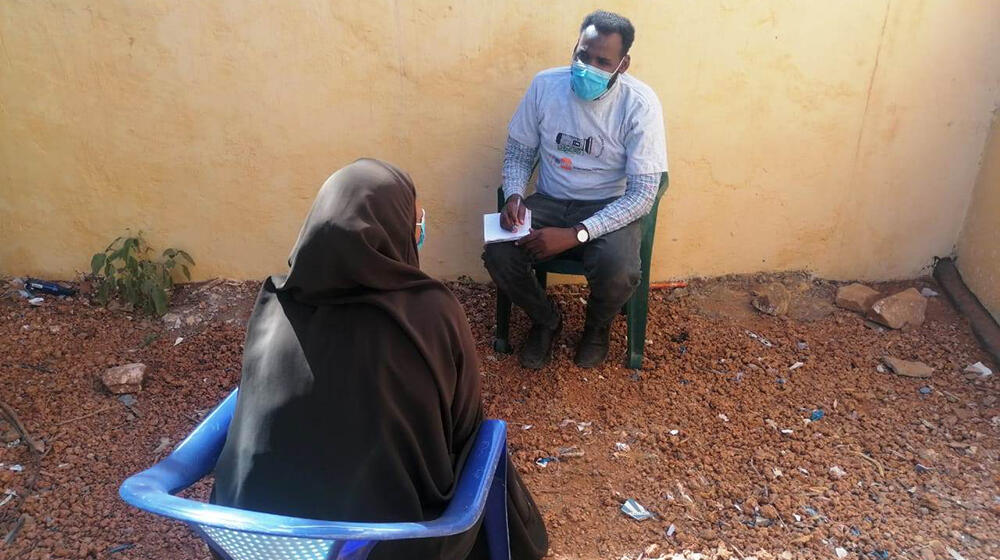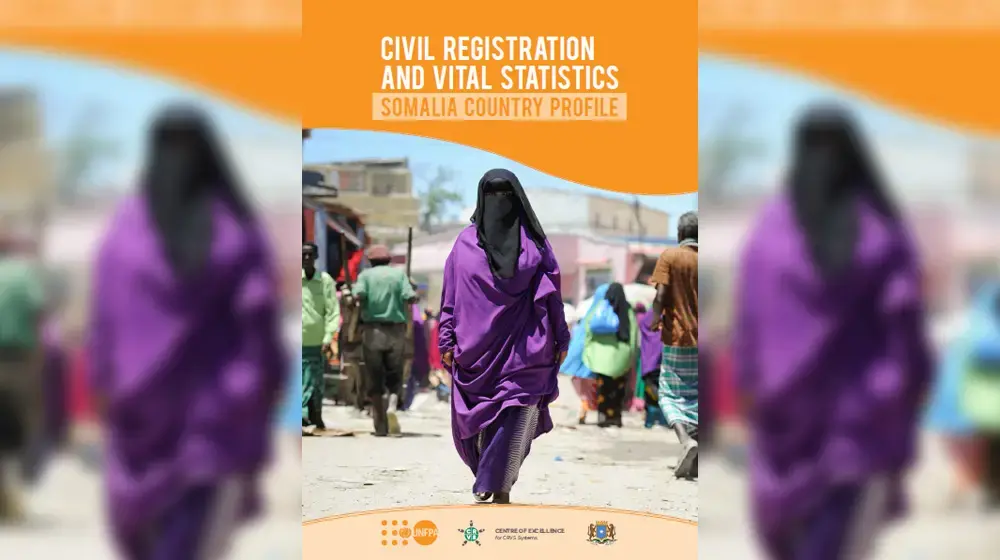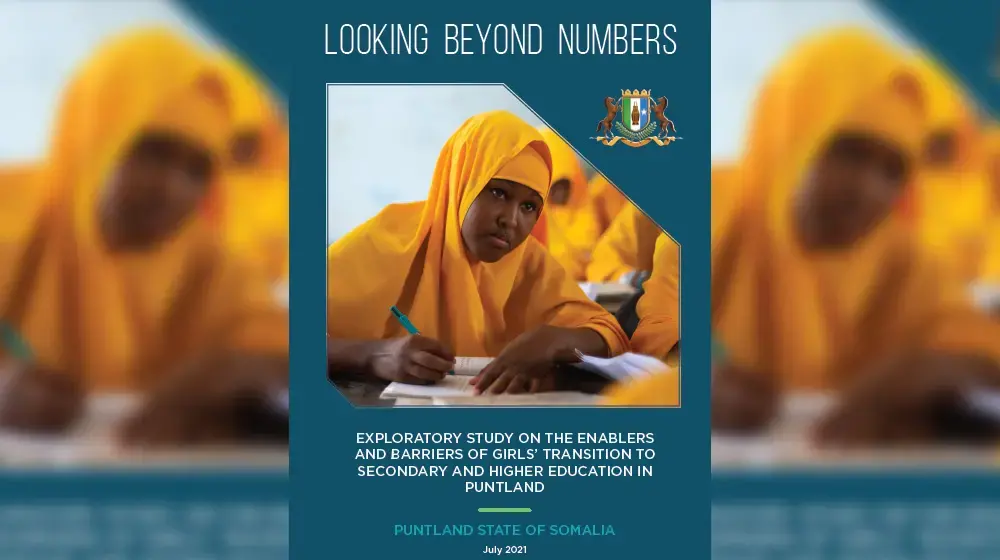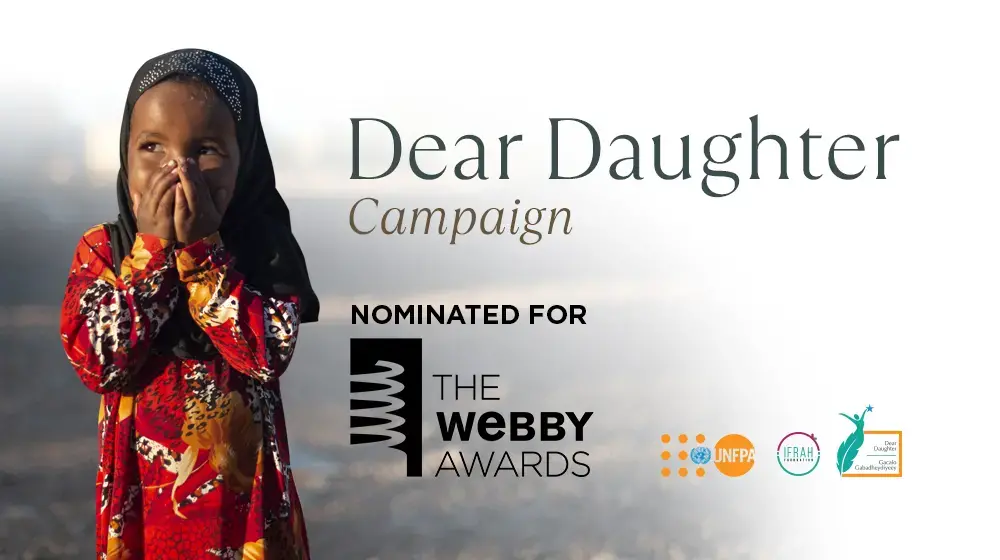Amina* is a 15-year-old girl, living with her mother in Tula-amin camp for Internally Displaced Persons (IDPs) in Balad-Hawa district in the Gedo region. Growing up, it was just the two of them, as Amina’s father passed away when she was only an infant.
At a very young age, Amina knew that she would be subjected to Female Genital Mutilation (FGM), as it had happened to some of her friends. One day, as she was preparing for school, her mother told her that today was the day of her circumcision, and that she should get prepared. Amina knew the woman who performed the cut, she was their neighbor. The woman took Amina in under a shade tree and as she tied Amina’s legs with a rope to stop her from moving, Amina screamed. The blood came quickly, oozing, and without anesthesia Amina fainted and lost memory of what happened next.
For nearly two weeks, Amina was in pain.
When the pain refused to subside, Amina’s mother took her to hospital where the doctors declared that she had an infection requiring urgent treatment. Amina stayed in the hospital for one week, during which she was given multiple injections.
When Amina reached puberty and got her period, she started experiencing multiple problems, such as severe physical pain and psychological distress, causing her to miss out on school while on her period. As many people from her community believe FGM to be a necessity, and even something good for girls, it was difficult to gain sympathies.
Today, at only 15 years of age, Amina plays a vital role in her society publicly campaigning to eradicate FGM and saving young girls from having to experience what she did. Through her campaigning, Amina has managed to change the minds of many female FGM practitioners, by explaining short- and long term physical and psychological effects of being subjected to the practice. She has succeeded in conveying the message in her society that FGM is a human rights violation that needs to end and that it has no place within religion.
*Not her real name





